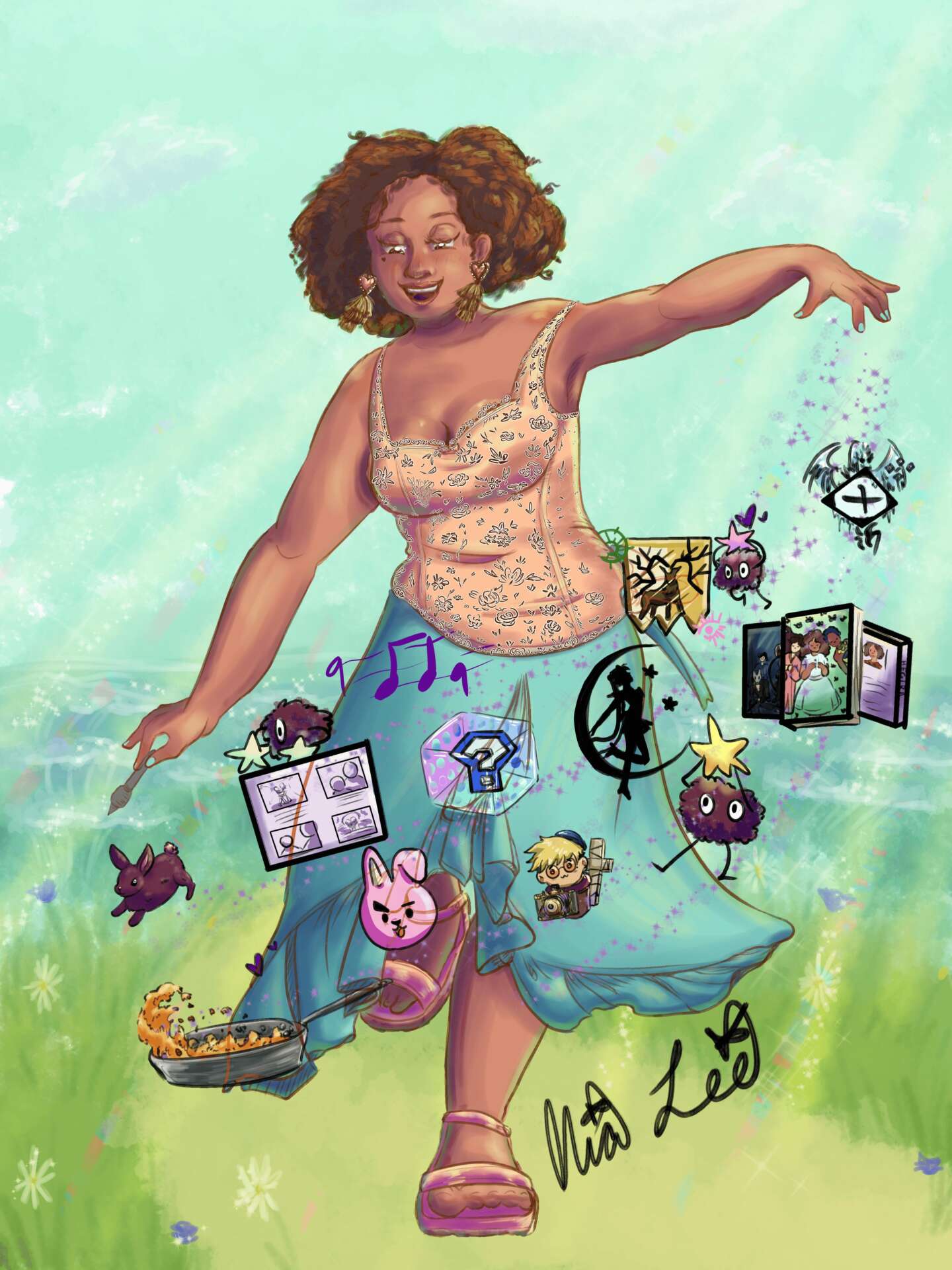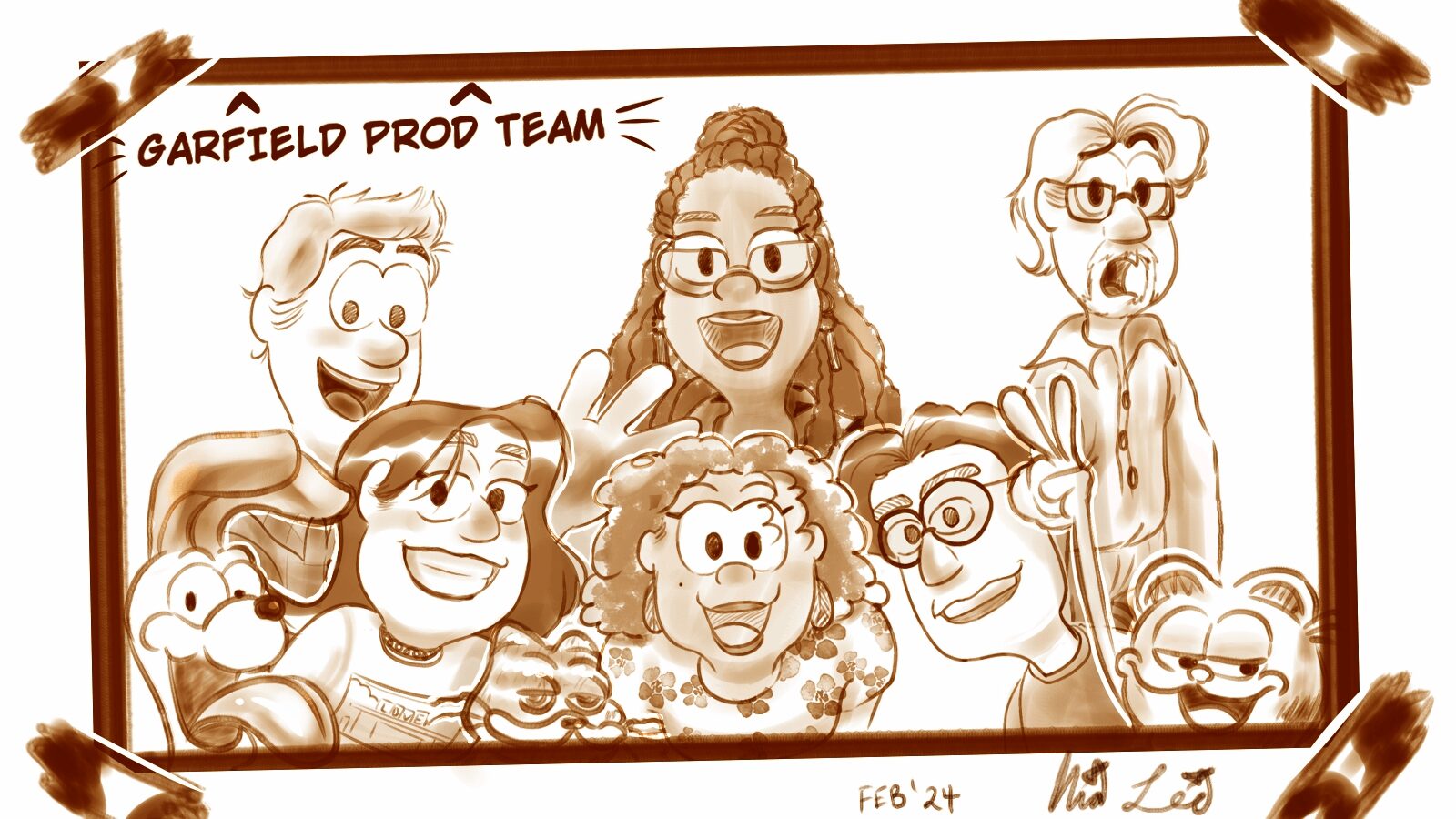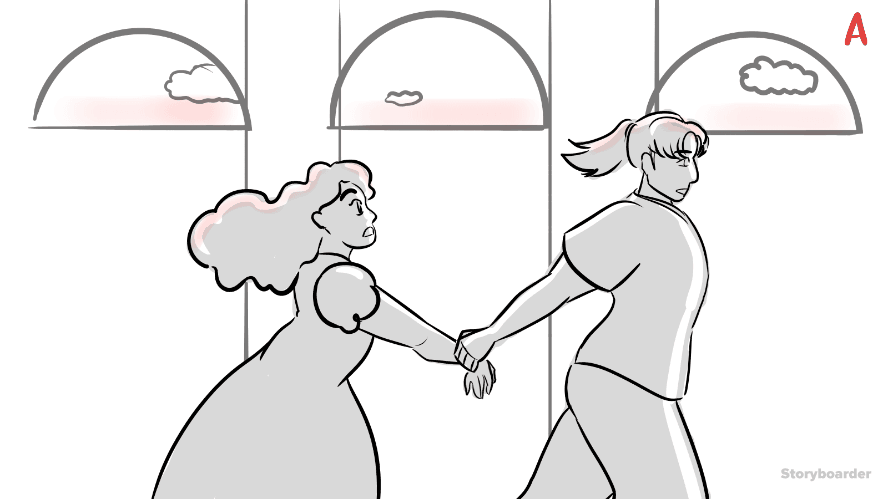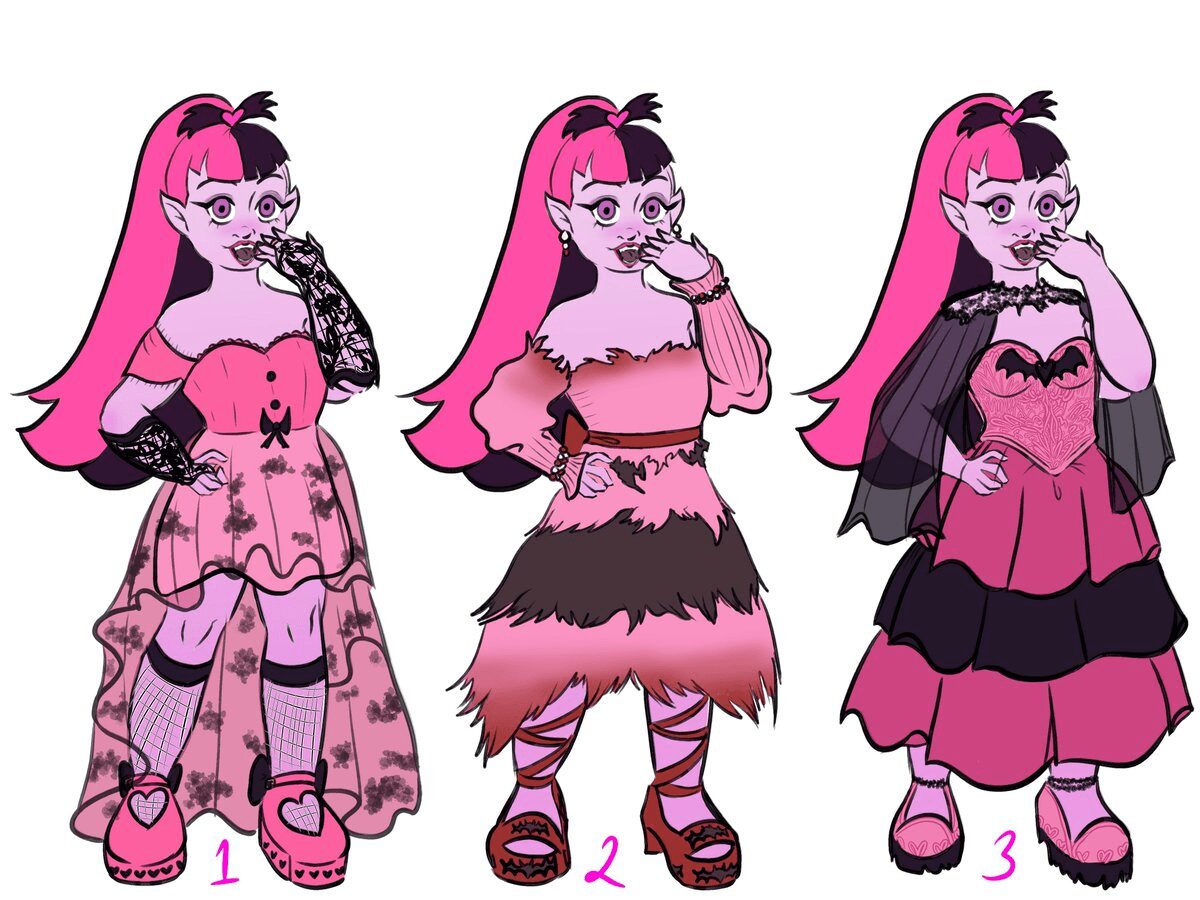Alright – so today we’ve got the honor of introducing you to Nia Lee. We think you’ll enjoy our conversation, we’ve shared it below.
Nia, thanks for joining us, excited to have you contributing your stories and insights. We’d love to hear about when you first realized that you wanted to pursue a creative path professionally.
Drawing Blue from Blues Clues was one of my earliest memories. I think I was one of those few kids that knew I wanted to be an artist pretty early on, probably around four-five years old. (Which to be fair, I wanted to be an artist, actress, and astronaut all in one so I was still figuring things out.) I remember holding up the drawing of Blue to my teachers and my mother and feeling such a sense of pride. I’m sure it wasn’t nearly as skilled to them as it is in my memory but their encouragement really warmed me. It made me look at the paintings at the museums and illustrations in my books and think ‘Wow. I want to do that. I’m going to be like them.’ I’ve had to rediscover what has made me pursue a professional artist path many times in my life but that memory always stands out to me. There was zero hesitation, no lack of doubt or disbelief at the prospect. It makes me envy kid me who just believed with her whole heart that anything was possible.

As always, we appreciate you sharing your insights and we’ve got a few more questions for you, but before we get to all of that can you take a minute to introduce yourself and give our readers some of your back background and context?
I am a creative who wears many hats. Initially I got into the industry through a commercial animation background as an assistant animator. Then I became a production assistant for the animated film ‘The Garfield Movie’ for almost two years. Now I’m working as an assistant for Stone Kite, who are their own IP which is exciting.
Throughout that process I’ve been working on my storyboard and character design portfolio by taking classes and through mentorships like ‘Story for All’. I’m passionate about being a part of the process that not only brings art which inspires others but also makes them feel represented within art. I’m happy with my roles as creative support and I’m excited to take the knowledge to move to a more creative role at some point.

Can you share a story from your journey that illustrates your resilience?
Art was my oldest friend and was always there but it was never easy for me. I started taking art classes in high school which eventually led me to art school in college. Despite the confidence I exuded in my childhood, by the time I started my freshmen year of college I was terrified of showing my work to others. The thought of peer reviews and formal critiques with my teacher in front of my whole class had me freezing in fear. Then add frequently being the only black artist in the room and it felt like a recipe for disaster. As I embraced more of my identity, I received even more pushback on my work than I ever had before.
Carrying the pain of words from countless peers and professors who were doubtful I would succeed, I burned for a chance to prove myself. I continued to work tirelessly on my portfolio for years. But with the exhaustion from working day jobs, the pandemic, and experiencing the distressing racial dynamics these last few years – I ultimately burnt out. My hands were too scared to pick up a pencil and do more than practice sketches. What if they were right and I was just too stubborn to see it? What if I was wasting my time? I didn’t draw for 6 months, the longest I’ve ever gone without drawing anything. I was paralyzed with trepidation.
I caught up on a lot of black led shows/movies during that time. I read and listened to creatives and performers talk about years where they were overlooked, almost broke, and questioned themselves and their desired creative path; and if it was all worth it. Hearing how others responded and feeling it for myself brought me back to the first sketchbook I ever finished in middle school. Of course, the skill improvement was the most obvious part that stood out but beneath it all I saw the passion. The desire to tell stories for someone like me and uplift them alongside the joy of creating something that was once only in my head.
Fear ridden but newly inspired I picked my pencil up again. It was in those moments where I finally started to see some traction and growth. There’s still growth that I know I need to make before I can fully move into a creative career but reminding myself of that inner fire has helped me immensely. At the end of the day, all stress aside, telling stories and engaging so many unheard voices is what powers my passion. It’s magical and I couldn’t see myself doing anything else. It would be awesome to work with others who feel that same pull and together make something incredible.

In your view, what can society to do to best support artists, creatives and a thriving creative ecosystem?
I believe the best way to support creatives and the creative ecosystem is a combination of a few things. First, as with any community, if one wishes to support there must be a willingness to listen to those within the community. If there’s a point made that is considered harmful to the community then listen to them – don’t speak over them. They usually have more insight into the community and that should be respected.
Secondly, I feel like society in general needs to have more respect for creatives and creative work. It seems like society is on two opposite spectrums at the same time where creative work (if it gets popular) is idolized to an alarming and sometimes harmful degree where people become untouchable in a sense despite their behavior. Then at the same time, being creative isn’t seen as a useful skill like math or science is. The arts are always the first to be cut from curriculums and programs. We’re seeing a rise of entitlement where art is just a commodity and artists aren’t treated as people who need time to not only make something but become skilled in doing so. And not being compensated properly for it, as if food and rent costs aren’t rising! As if creatives do not bring people to apps and social media platforms or design houses and clothing and are apart of culture! Don’t even get me started on the “broke artists” jokes…
I think the way we interact with creative work needs to be addressed. Creative work is a part of culture and I don’t think it’s fair to diminish it to just a commodity vs a hobby. Everyone should be able to have a creative outlet or have the chance to participate in it. And those that are within the space shouldn’t be looked down on or like they’re an easy buck.
Contact Info:
- Website: https://ahiruhoney.wixsite.com/nia-lee
- Instagram: https://www.instagram.com/ahiruhoneyart/
- Linkedin: https://www.linkedin.com/in/nia-lee-0b3456107
- Twitter: https://twitter.com/ahiruhoneyart



Image Credits
Shannon Kohlitz (Professional Headshot)


